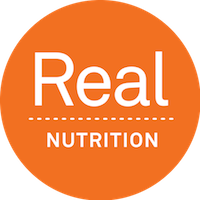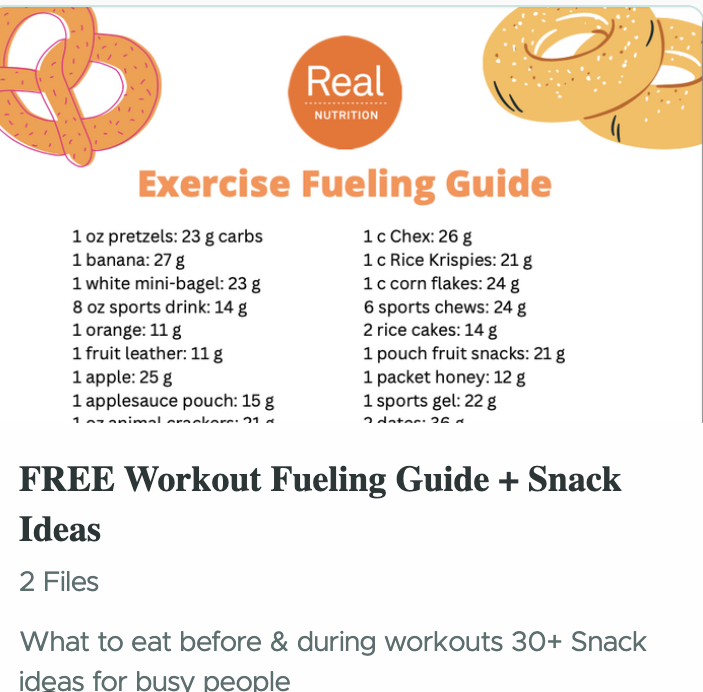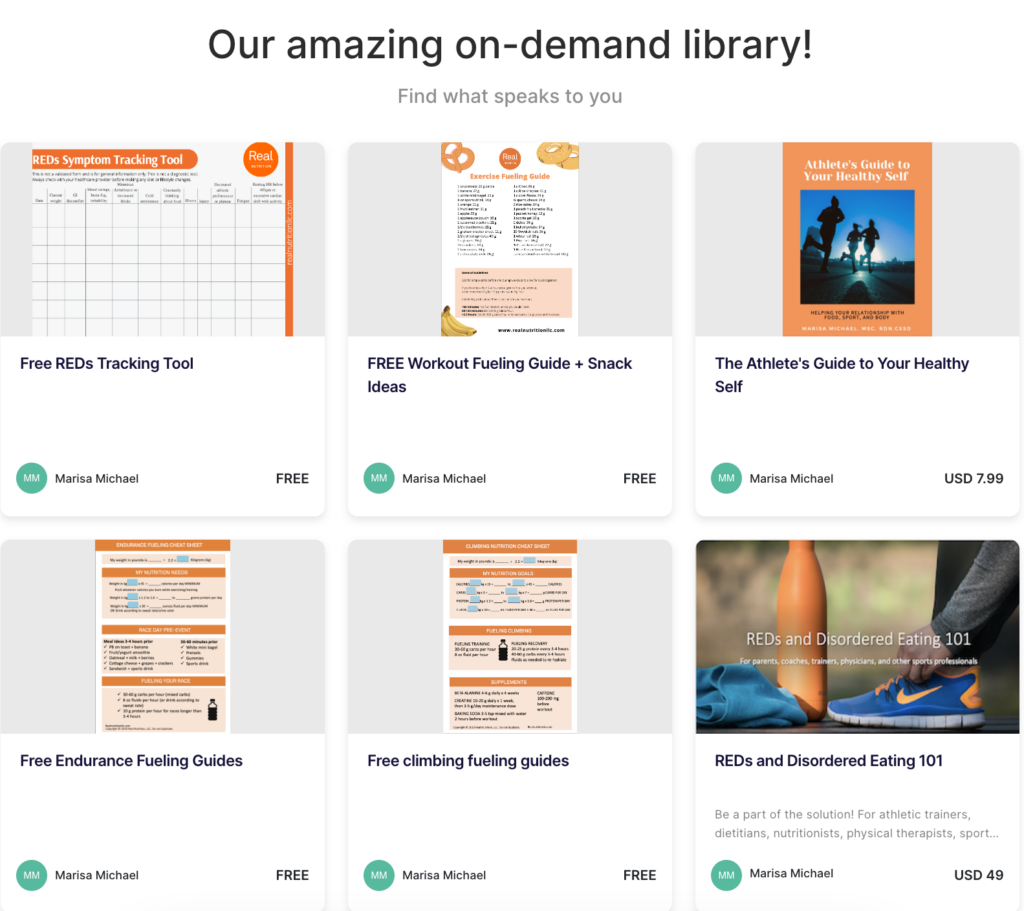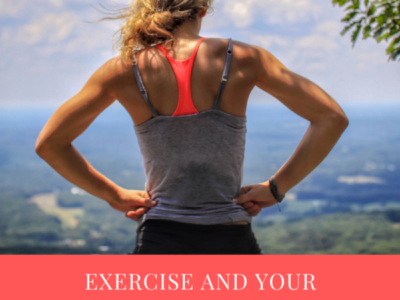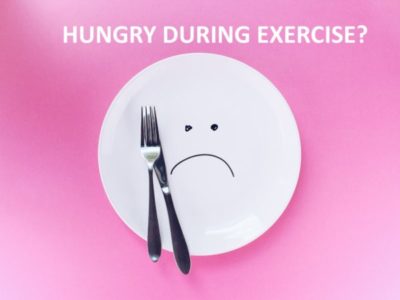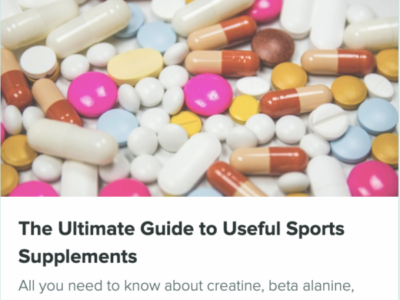
Should you eat breakfast before or after a workout?
By Briana Bruinooge, RDN, LD, CSSD
https://www.instagram.com/exercise.nutritionist/
https://www.nenutritionexercise.com/
If you have ever wondered if you should eat breakfast before or after a workout, you have come to the right place. It is confusing to know what, when and how much to eat in general, never mind around exercise. The types of food you eat and the timing all matter weather you goal is performance based or weight based.
What should a pre-workout breakfast include?
A pre-workout breakfast that includes carbohydrates is going to fuel high intensity or longer duration activity such as HIIT, sprints, stop and go sports, and running/swimming/cycling for over an hour and a half.
If you are doing low-intensity exercise like an easy walk, cycle or yoga session that is less than 60 minutes in the morning, you do not necessarily need a pre-breakfast meal, but you should stay hydrated. The only way to get a personalized nutrition and hydration plan is to see a Registered Dietitian Nutritionist who is a board Certified Specialist in Sports Dietetics. This is because, eating before a workout depends on many factors. The type, intensity, and duration of the workout, how many workouts you are doing in a day, and when your recovery days are. If you wait to have breakfast after an early morning workout, it may be a missed opportunity to get fuel into your body’s system, even if it is low intensity.
What does pre-workout breakfast do for you?
I like to call pre-workout food eaten in the early morning First Breakfast and post-workout food Second Breakfast. First breakfast is meant to be utilized as energy for your workout to enhance sport performance. Eating a carbohydrate breakfast before a workout can combat nausea, early-fatigue in training, and lightheadedness. Eating second breakfast after a workout that includes carbs and protein will help promote muscle rebuilding and re-stocking of carbohydrate stores known as glycogen stores.
Especially for endurance activities, you need to ingest carbs before and during activity to prevent glycogen depletion and support both your muscles and central nervous system. Two hours of moderate intensity exercise can deplete your carbohydrate stores. We store about 2000 Calories or 500g of carb in our muscles, 400 kcals or 100g carbs in our liver and only 100 kcals or 25 g of carbs in our blood glucose. After an overnight fast, we do not have 100 kcals or 25g of carb in our blood glucose and we have less liver glycogen as it was being used throughout the night for things such as cell rejuvenation. Fasted workouts are a missed opportunity of fuel for your central nervous system. If you eat carbohydrates before a high intensity or endurance activity it will improve performance by increasing muscle glycogen, liver glycogen, and promote recovery.
Is it bad to work out on an empty stomach?
If you do not eat breakfast before a workout, not only will your performance suffer, but it will also be hard to gain muscle mass as it is a missed opportunity to fuel. That is why the answer is: you should eat breakfast before AND after a workout.
Why after? You probably know this. After a workout is the prime time to feed your muscles with protein and carbohydrates. The dietary protein will break down into amino acids to be utilized for many jobs, such as muscle protein synthesis to gain muscle mass and thus increased strength and power. Your body needs carbohydrates to re-stock carbohydrate stores (glycogen stores).
What should I eat before I workout?
Examples of pre-workout breakfast:
- Low fiber cereal with milk
- Instant oatmeal with cinnamon and raisins
- Frozen waffle toasted with peanut butter and some maple syrup
- ½ to full bagel/ English muffin/ low-fiber toast with butter/ jam/ peanut butter/ low-fat cream cheese/ hummus
Examples of post-workout breakfast:
- Egg and ham omelet with mushrooms and hashbrowns with melon
- Greek yogurt parfait with oatmeal, berries and peanut butter
- Chicken sausage with hashbrowns and an orange
- Tofu scramble with toast, cheese and an apple
To tailor your nutrition and hydration needs to your lifestyle and sport, reach out to a Registered Dietitian Nutritionist.
~This is general information only and not medical advice. Always talk with your healthcare professional before undergoing any diet or lifestyle change.
Want more workout food ideas? Download our free workout fueling guide!
Check out our amazing nutrition resources, including on-demand courses, free downloads, and webinar replays.
- Nutrition for Climbers
- The Ultimate Guide to Useful Sports Supplements
- Ditch Diets and Become an Intuitive Eater
And be sure to follow us on Instagram!
Book an appointment with the dietitian
